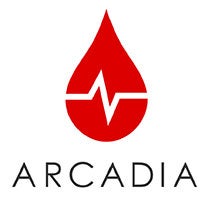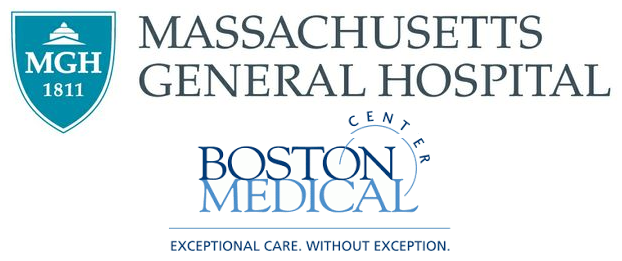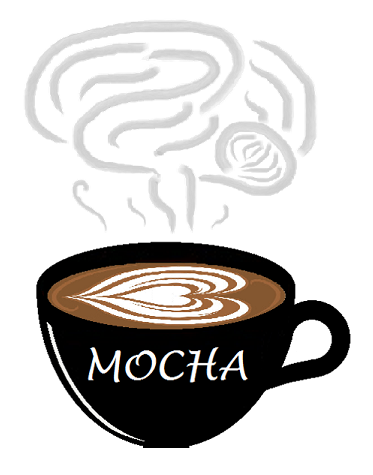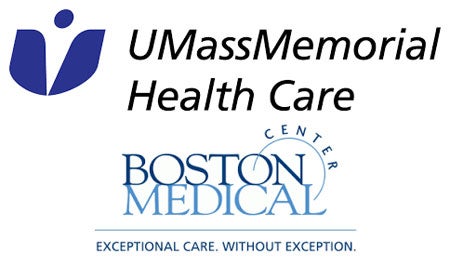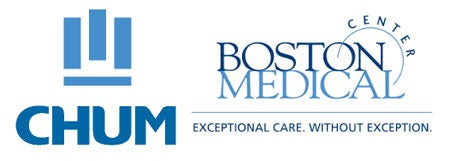Research Assistants
Caitlyn Keenan
Caitlyn.Keenan@bmc.org
617-638-9004
Darya Musatova
Darya.Musatova@bmc.org
617-638-7756
What is a Stroke?
A stroke – also called a brain attack – is the result of an interruption of blood flow to the brain (ischemia) or the presence of bleeding within the brain (hemorrhage). The part of the body controlled by the affected area of the brain may lose its function. For example, patients who have suffered strokes may be unable to move their arms and legs on one side, or they may have difficulty speaking. Stroke is the 4th leading cause of death, with approximately 270,000 stroke-related deaths each year. Stroke is also a major cause of long-term disability. About 80% of patients return home after a stroke, but about half of these need permanent or temporary care in the home or nursing facility setting.
Who are the Stroke Specialists?
Click on each name for more information.
- Hugo J Aparicio, MD
- Viken L Babikian, MD
- Anna M Cervantes-Arslanian, MD
- David Y Chung, MD
- Ali Daneshmand, MD
- David M Greer, MD
- Thanh Nguyen, MD
- Charlene Ong, MD
- Jose R Romero, MD
- Julie G Shulman, MD
- Kushak Suchdev, MD
- Courtney E Takahashi, MD
What Clinical Trials are we Currently Doing in Stroke?
Boston Medical Center (BMC) is committed to furthering the evidence-based practice for cerebrovascular disease, developing protocols, and collaborating with other institutions for NIH-funded projects. BMC is a collaborating site in the NIH stroke trials network (NIH StrokeNet). StrokeNet is made up of 25 Regional Coordinating Centers (RCCs) and over 200 satellite sites. We are part of the local network called New England Regional Coordinating Center (NERCC).
You can click on a logo below or a study name in the menu to the left for more information on individual studies. BMC is currently recruiting patients for the following clinical trials:
What is the Framingham Heart Study?
A premier epidemiologic study.
The Framingham Heart Study at Boston University is one of the world's most informative and longest running studies on cardiovascular disease. More than 3,000 articles based on the study's data have been published in peer-reviewed medical journals, including the New England Journal of Medicine, the Journal of the American Medical Association, Nature Genetics, Circulation, and the Lancet. The Framingham Heart Study has been a partnership between the National Heart, Lung, and Blood Institute and Boston University since 1971. Since its beginning in 1948, the Framingham Heart Study has been committed to identifying the common factors or characteristics that contribute to cardiovascular disease (CVD). Learn more.
What is Research Participation?
Participation in research is voluntary. Participation does not replace your regular health care. You will be provided with study information to help you and your family make this decision. There is no discrimination against patients who decide not to participate. The studies pay for all research-related procedures.
For additional information, please contact the administrative director:
Sheila Phicil, MPH
Phone: 617-414-5992
Email: Sheila.Phicil@bmc.org

